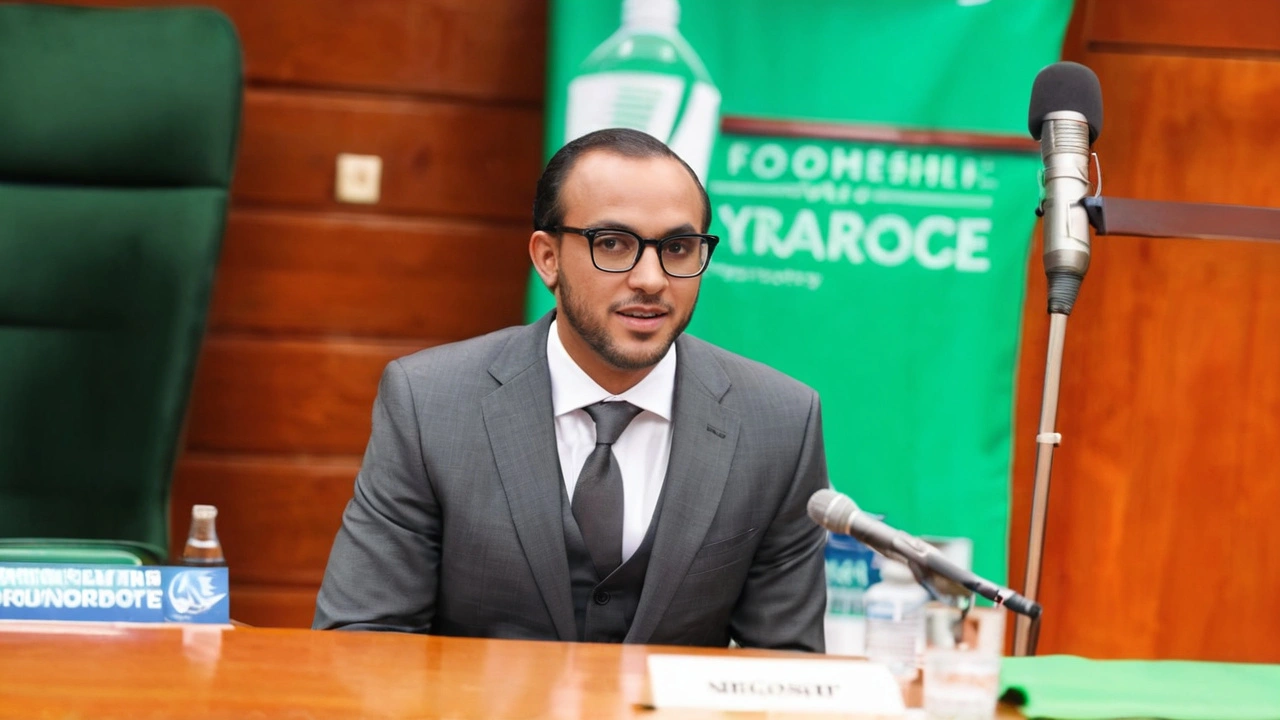Cabinet Secretary nominee: what to watch and why it matters
When a cabinet secretary nominee appears on the national stage, the choice can change policy, budgets, and public services overnight. You want to know who they are, what they believe, and whether they can actually get things done. This tag collects reporting, analysis, and updates on nominees across governments in Africa and beyond.
First, understand the process. A nominee is usually picked by the president or prime minister and then faces vetting. That vetting can include parliamentary hearings, background checks, asset declarations, and public questions about conflicts of interest. Rules vary by country: some parliaments simply approve or reject, others can grill nominees for days.
Ask the right questions. What is the nominee’s track record in leadership? Do they have relevant sector experience? How transparent are their finances and past contracts? Do they hold views that match your priorities on jobs, healthcare, security, or corruption? Those answers tell you whether the nominee is a vote for continuity or real change.
Pay attention to red flags. Short resumes padded with political appointments, unresolved legal claims, or business ties that overlap with a ministry’s contracts are warning signs. So are evasive answers during hearings or sudden omissions in public records. Media reports and whistleblower claims often surface the details that official bios leave out.
How to follow a nomination in practical terms: track the official nomination statement, read the nominee’s CV, watch or read the hearing transcript, and scan financial disclosures. Look for independent reporting from local outlets, watchdog organizations, and parliamentary monitors. Social media can be useful for live reactions, but verify claims before you share them.
What approval means for daily life
A confirmed cabinet secretary sets priorities that affect your taxes, clinics, schools, and roads. If they push a major policy shift—privatization, budget cuts, or new regulations—it can touch household budgets and business plans. That’s why a seemingly technical appointment becomes a public concern fast.
How this tag helps you
Use this tag to find the latest stories, expert takes, and timelines about nominees. We link to hearings, background pieces, and follow-ups that explain what each choice might mean for citizens. Subscribe to alerts on the page to get notified when a new nominee story breaks.
Once a nominee is confirmed, watch the first 100 days closely. That period shows whether promises turn into action: new appointments, budget proposals, policy drafts, or rapid hires. Check official gazettes for orders and look for changes in procurement notices that match the ministry’s priorities. Civil society groups and unions usually react fast—those responses say a lot about implementation risks. If early moves are mostly press releases without concrete plans, ask how the ministry will measure progress and what timelines it sets for key targets.
Got a tip or a question about a nominee? Send it our way. We prioritize verified leads and aim to hold public officials accountable with clear, timely reporting.
Follow our tag for quick updates, context, and verified reporting.
- August 2, 2024
- Comments 19
- Politics

